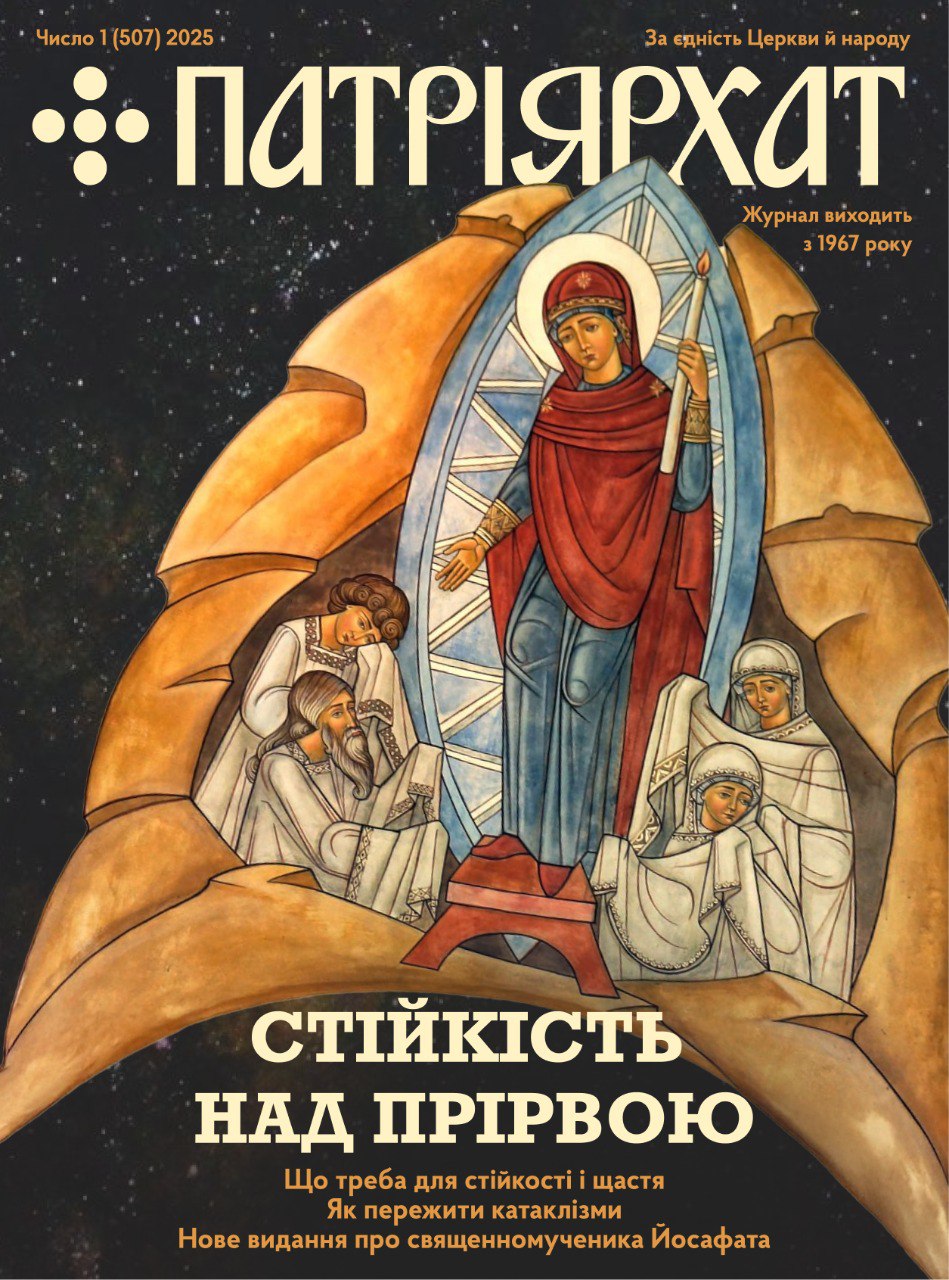The Star — Ledger 10-5-77
BELGRADE, Yugoslavia (AP) — The Vatican criticized religious restrictions in Communist countries Friday and forth first time publicly sought freedom for Eastern Rite Catholics in the Soviet Union.
For the last decade the Vatican had pursued a policy of quiet diplomacy with Communist countries, attempting to improve the lot of millions of Roman Catholics who worship under Communist rule.
But, in his opening speech at the Belgrade East-West conference to review progress on detente and follow up the 1975 Helsinki accords, Msgr. Achille Silvestrini, head of the Vatican delegation and one of the architects of Pope Paul Vi’s policy toward Eastern nations, made a strong plea for freedom of worship.
He deplored «difficulties thrown in the way of religious practice for certain categories of persons and to religious education…
«Appeals, testimonies and requests continue to multiply, sometimes impassioned and anguished because the situation in some regions is still far from a normal life of sufficient liberty».
Pope Paul has in the past criticized lack of religious freedom in Communist countries, but in international forums the Vatican has preferred to adopt a low profile and opt for behind-the-scenes diplomacy.
The most significant shift in the Belgrade speech was its open appeal for freedom for Eastern Rite Catholics in the Soviet Ukraine where they have been estimated to number over five million.
The Vatican has handled the Ukrainian issue very cautiously. Protracted negotiations between Pope John XXIII and Soviet leader Nikita S. Khrushchev brought the release of Cardinal Joseph Slipyj, archbishop of Lviv, after nearly 20 years in Siberian prisons.
When he arrived in Rome, the fiery, outspoken cardinal accused the Vatican of sacrificing «rivers of blood and mountains of bodies» by keeping silent in public on Ukrainian Catholics in order to obtain concessions on a bilateral basis from the Soviet Union. He is now 85.
The Vatican delegate did not mention the Ukrainian Catholics by name but referred to a grave wound which we would like to see remedied and healed with a hope that we cannot abandon.»
«It is the case for the Catholic Church, of certain communities of faithful’s of the Oriental rites which once flourished through religious life of many centuries of tradition (but) which lost the civil legitimacy to exist in the new juridical-political arrangements of the postwar period.»
A spokesman for the Soviet delegation at the conference said the Vatican’s speech was being studied.
In other speeches on the closing day of the conference’s opening stage, Hungary accused the Wrist of restricting travel for citizens of Communist countries in violation of the Helsinki accords.
Both Hungary and East Germany maintained their citizens enjoy «fundamental human rights» and said Western attacks charging the contrary were «distortions.»

